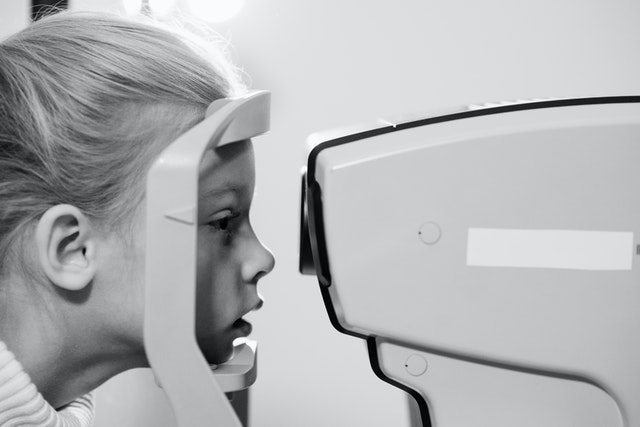
There are many factors that can impact your eyesight, including genetic predisposition, overall health status, and activities we choose to participate in. Over the next 2 posts, we will discuss two choices that can impact your eyesight, namely smoking and drinking alcohol.
Let’s start with smoking. Smoking can have various negative effects on your eyesight and overall eye health. Here are some ways in which smoking can impact your eyes.
Increased Risk of Macular Degeneration: Smoking is a significant risk factor for age-related macular degeneration (AMD). AMD is a condition that affects the macula, the part of the retina responsible for central vision. Smoking can accelerate the progression of AMD, leading to severe vision impairment.
Higher Risk of Cataracts: Smoking is associated with an increased risk of developing cataracts. Cataracts are a clouding of the eye’s natural lens, which can cause blurred vision and eventually lead to vision loss if left untreated.
Dry Eyes: Smoking can contribute to dry eye syndrome, a condition characterized by insufficient tear production or poor-quality tears. Dry eyes can cause discomfort, irritation, and a gritty sensation, affecting the clarity of your vision.
Optic Nerve Damage: Smoking has been linked to an increased risk of optic nerve damage, which can result in conditions such as glaucoma. Glaucoma is a group of eye diseases that can lead to irreversible vision loss by damaging the optic nerve.
Diabetic Retinopathy: For individuals with diabetes, smoking can worsen the effects of diabetic retinopathy. This condition involves damage to the blood vessels in the retina, leading to vision problems and, in severe cases, blindness.
Reduced Night Vision: Smoking may contribute to a reduction in night vision. The compounds in tobacco smoke can affect the blood vessels in the eyes, potentially impacting the ability to see well in low-light conditions.
Increased Risk of Uveitis: Smoking has been associated with an increased risk of uveitis, which is inflammation of the uvea, the middle layer of the eye. Uveitis can cause eye redness, pain, and blurred vision.
 Quitting smoking can significantly reduce the risk of these eye-related issues and improve overall eye health. If you are a smoker and are concerned about the impact on your eyesight, it’s essential to consult with an eye care professional for a comprehensive eye examination and advice on how to protect your vision.
Quitting smoking can significantly reduce the risk of these eye-related issues and improve overall eye health. If you are a smoker and are concerned about the impact on your eyesight, it’s essential to consult with an eye care professional for a comprehensive eye examination and advice on how to protect your vision.
You can make an appointment with us online at https://sightcareoptometry.com/.
Note: This posting is for informational purposes only and does not attempt to diagnose or recommend treatment for any condition. Please refer to the Ontario Association Optometrists website (https://optom.on.ca/eye-health-library) for more information or consult an Optometrist if you are experiencing eyesight issues.






